Guesthouse owners across Inverness and the Highlands have contradicted VisitScotland statistics that occupancy rates plummeted by 34% in the last year.
Data published by the tourism agency shows that the percentage of room occupancy in the region plunged from 87.84% in 2023 to just 53.51% in 2024.
The statistics suggest rooms are now almost half empty at a time demand for visitor accommodation is reportedly phenomenally high.
Following VisitScotland’s publication, the Press and Journal spoke to 12 guest house owners in Inverness and the Highlands.
Eight of them said they have not experienced a decrease in occupancy in the last year, with some revealing they are already “fully booked” for the season.
Another three explained that while they have had a drop in bookings, it has only been a slight decrease.
However, most B&B owners agree that they have been principally affected by the rising costs of taxes and utilities.
They added that the new short-term licence regulation has been both “expensive” and “stressful.”
When contacted by the Press and Journal, VisitScotland revealed they have already revised how they gather information for future years.
Are B&Bs really struggling in the Highlands?
Michael Mackay, who owns the Westlea B&B in Thurso, told The P&J they have not noticed a decrease in visitor numbers.
He said: “We’ve had around the same number in the past few years.
“We’re booked up until October.”
Meanwhile, the owner of the An Cois Na Mara B&B in Laide, on the West Coast, reports a similar experience.
She said: “The numbers have been pretty constant year-on-year.
“It was quiet in March, but we’re now nearly fully booked for the rest of the season.”
The Old Manse guest house in Lochcarron reported it has had a slight drop in visitors in 2024.
The owner, Susan, said: “We had less people in late June and early July with the elections and the Olympics.
“But apart from that one month, we had pretty much had similar numbers to 2023.”
Are NC500 campervans affecting B&Bs?
From October 2023, guest house and B&B owners need to apply for a short-term let licence to operate.
The cost of this is decided by local authorities.
In the Highlands, short-term licence fees cost between £320 and £610.
Applicants need to renew their licence every three years.
The North Coast 500 B&B owner said: “This year is not looking amazing so far.
“It’s certainly a busy road out there but there are also campervans and Airbnb.”
Emma, who runs Loch Dubh B&B, also in Lochcarron, told The P&J: “I’m totally sold-out. We’re always full, there’s been no difference between 2023 and 2024.
“We also offer self-catering, and it seems this is what people prefer these days.
“But my neighbour, she runs a more traditional guest house, and I think her numbers are down from previous years.”
Meanwhile, a B&B owner in Gairloch, who preferred not to be named, said they “haven’t noticed a huge difference.”
However, they added that “there are less B&Bs than a few years ago in the village.”
Are Inverness guest houses having less visitors?
Arafeh and Petra, owners of the Quaich B&B on Greig Street in Inverness, said they had “a good season last year.”
The couple added that they are also “doing fine this year.”
Despite the success, they claim that running a guest house is now more challenging than it was a few years ago.
They said: “The licence has added many difficulties for small businesses and a lot of paperwork.
“And you need to renew it every three years. There’s an increase in big budget hotels and we can’t compete with their prices.”
The owners continued: “I understand it needs to be regulated but to get the licences is not cheap. That and the increased inflation costs have made us put the prices up in the last three years.
“Before Covid a room could cost between £35 and £40, now at least £75.”
Other guesthouses in the area reported that while bookings had dropped, it had only been marginal.
One explained he has had “roughly 10%” less customers than in 2023.
On nearby Kenneth Street, Torridon Guest House owners Russell and Ellen say occupancy rates have been “pretty much the same” over the past few years.
“I’m tired already and it’s only May,” Russell said.
However, the pair highlighted current difficulties of “inflation and the cost of licences.”
Meanwhile, James and Angela, who run the Mardon B&B on Kenneth Street, explained some B&Bs are deliberately not taking guests not to exceed the tax threshold.
The couple explained said their accountant has told them “to pull back.”
They said: “We work 19 hours a day on top of the paperwork. We live to work; we don’t work to live.
“We pay a lot of money in licences. We feel like B&Bs shouldn’t have been included in the short-term lets regulation.
“And now with the tourist tax we are intending to sell sooner rather than later.”
VisitScotland to axe Occupancy Survey for 2025
The Scottish Accommodation Occupancy Survey is based on a survey methodology and results are reflective of the businesses that choose to respond.
In 2023 the Highland Guest House and B&B sample was less than 30 responses and in 2024 over 100 businesses responded.
A VisitScotland spokesperson said: “We’re pleased to hear that some Highland businesses reported a positive performance in 2024, and no doubt there will be similar experiences by others across Scotland.
“The general national trend, as evidenced by official visitor statistics, and a survey of the industry via the Scottish Accommodation Occupancy Survey, indicates a challenging environment for accommodation providers in 2024.
“This was primarily driven by a drop in domestic visits, following a strong staycation period immediately after the pandemic.
“The Scottish Accommodation Occupancy Survey was retired at the end of 2024 and we are currently creating an accommodation monitor which will pull together data from a variety of sources, such as online booking agents and industry statistics.
“This will help us take a refreshed approach to understanding performance in the accommodation sector going forward.”
Scottish Government ‘aware of pressure on guest houses’
A Scottish Government spokesperson said: “The short-term let sector is an important part of tourism in Scotland.
“We are aware of the pressure businesses are under and continue to do all that is possible to support the tourism and hospitality sector.
“This year’s budget provides a package of non-domestic rates relief worth an estimated £731 million, including the Small Business Bonus Scheme which continues to be the most generous of its kind in the UK.
“The purpose of the licensing scheme is to ensure the safety of guests and safeguard the reputation of Scotland as a quality tourist destination.
“The number of operators now holding licences suggest the scheme is well underway in achieving this goal.”
A Highland Council spokesman said: “The short term let licensing scheme is funded on a full-cost recovery basis.”
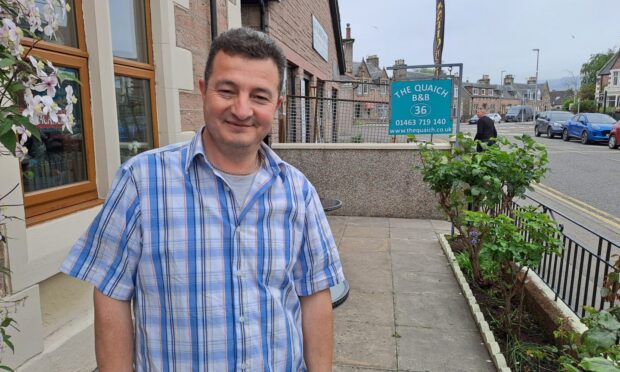
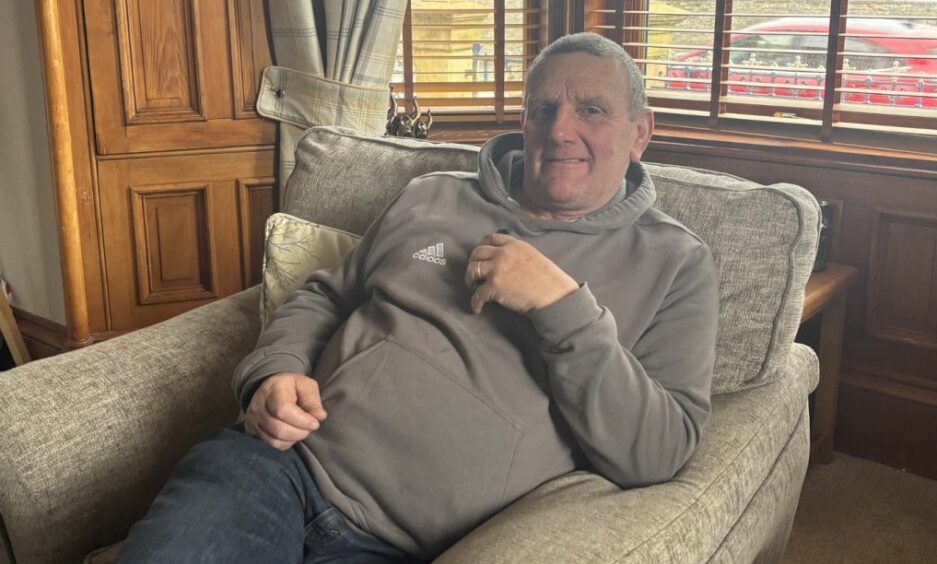
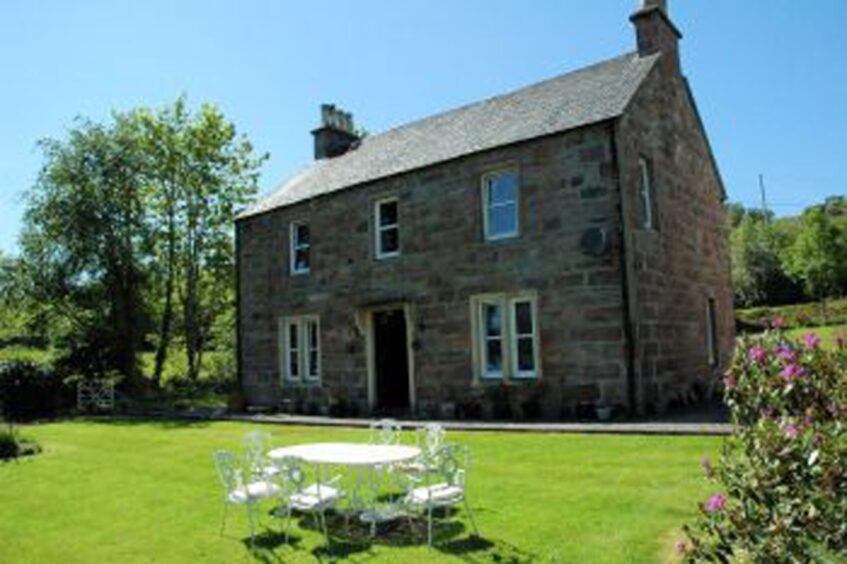
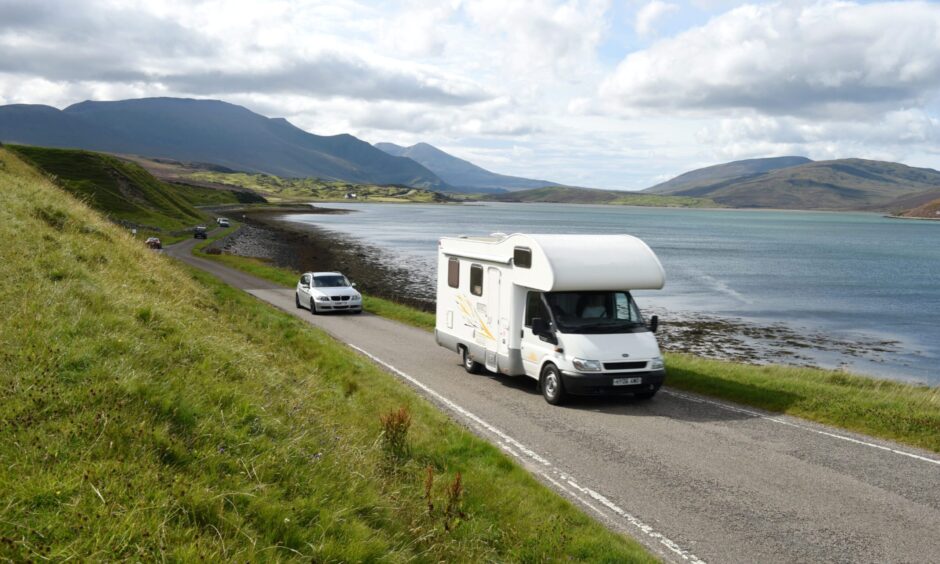
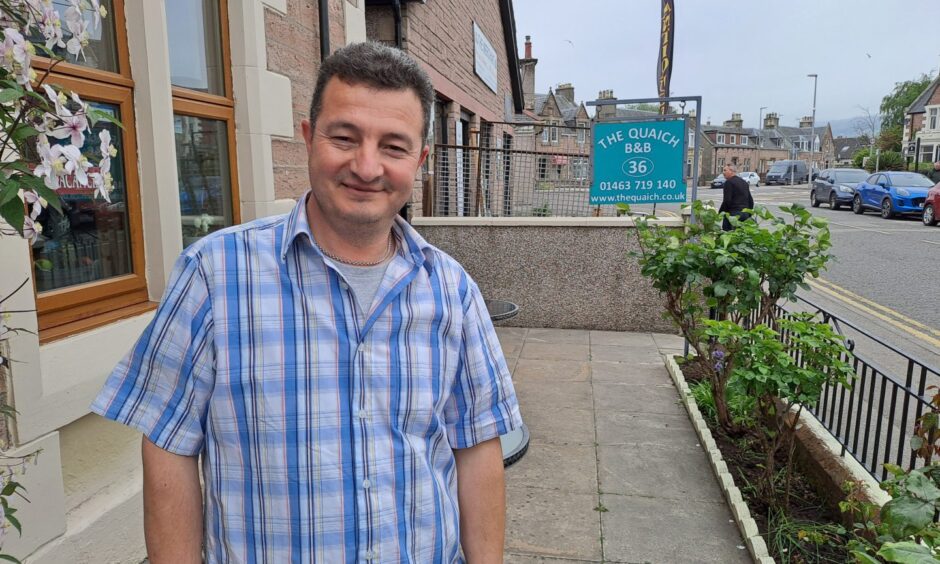
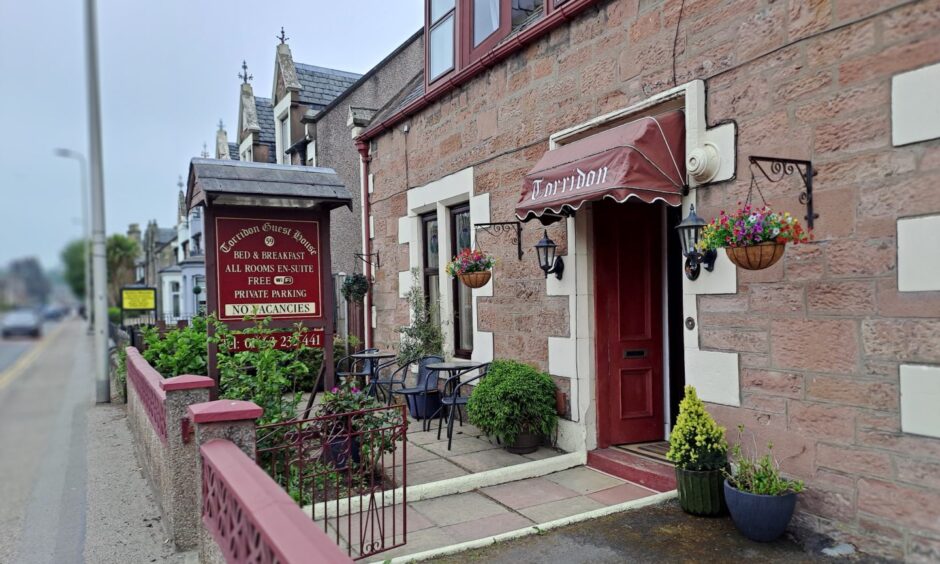
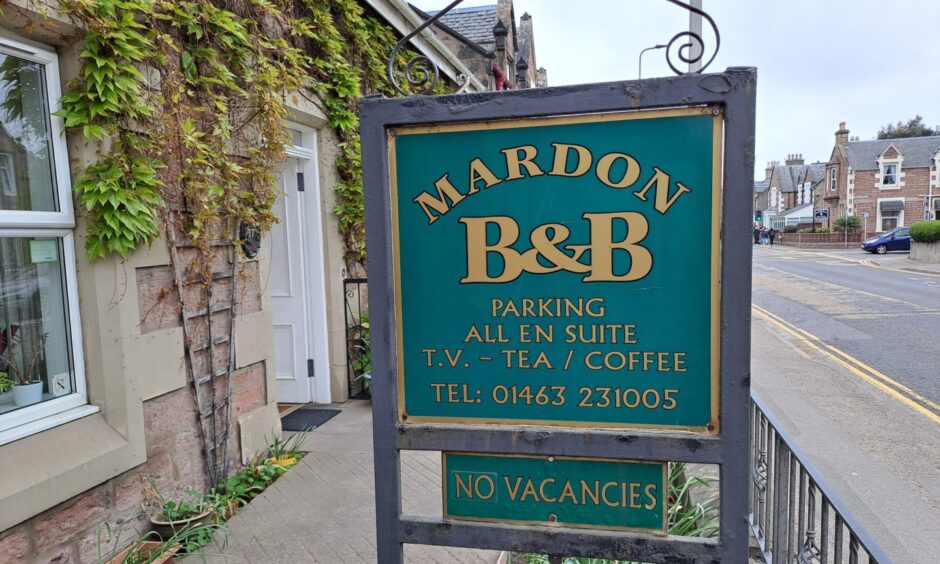
Conversation